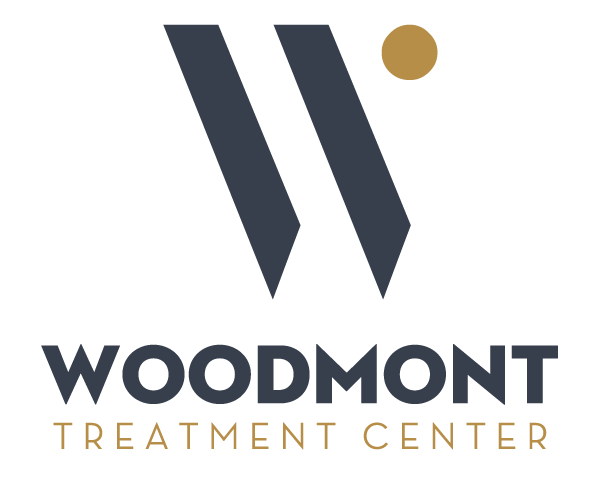Early recovery is a fragile, transformative phase in the journey toward freedom from addiction. For many individuals, this period is marked by a mix of hope, vulnerability, and intense personal growth. As a loved one, your role during this crucial time can have a profound impact. Your support, empathy, and understanding can make all the difference in your loved one’s ability to navigate the challenges of recovery successfully. We are honored to help you learn how to support a loved one in early recovery.
At Woodmont Treatment Center, we’ve seen firsthand how a supportive network can empower individuals to achieve lasting sobriety. In this article, we’ll provide practical guidance on how you can support a loved one in early recovery while safeguarding your emotional well-being.
Understand that Recovery is a Lifelong Journey
Recovery isn’t a destination—it’s a continuous process of growth and healing. While completing a drug or alcohol rehab program sets the foundation for sobriety, early recovery is often accompanied by emotional struggles and new challenges. It’s essential to recognize that setbacks are inevitable, and progress often occurs in incremental steps rather than sudden leaps.
Educate yourself about addiction and recovery. Understanding the physical and psychological effects of addiction will equip you to empathize with what your loved one is experiencing. Reading about substance use disorders, attending addiction-related family workshops, or speaking with professionals at Woodmont Treatment Center can provide valuable insights into how best to help.
Listen Without Judging
One of the most impactful ways to support a loved one in early recovery is simply by listening. Create a safe space where they feel comfortable expressing their emotions without fear of judgment or criticism. Recovery can stir up feelings of guilt, shame, and fear, and these emotions need a compassionate outlet.
Avoid lecturing or offering unsolicited advice. Instead, practice active listening by acknowledging their feelings and letting them know you’re there for them. Phrases like “I’m proud of how hard you’re working on your recovery” and “You’re not alone, and I’m here to support you” can be deeply reassuring.
Set Healthy Boundaries
While your unwavering support is vital, it is equally important to establish healthy boundaries. Boundaries help protect both you and your loved one during this intense phase of transformation. For example, you can be clear about behaviors you won’t tolerate, such as dishonesty or disrespect.
Encouraging accountability is key. Although you want to be a pillar of support, your role isn’t to fix or control their recovery. Treatment and sobriety are ultimately their responsibility, and creating boundaries ensures that they develop the independence and coping skills they’ll need for long-term success.
Encourage a Structured Routine
Knowing how to support a loved one in early recovery means understanding recovery thrives in structure. A consistent daily routine helps individuals in sobriety build healthy habits, reestablish control over their lives, and manage triggers that might lead to relapse. You can support your loved one by encouraging them to stick to a routine, including attending therapy, group meetings like 12-step programs, exercise, and other self-care practices.
Offering to join them in healthy activities can be a wonderful way to connect. For example, you could suggest going on morning walks together or cooking meals that support their physical recovery. Your involvement reinforces the importance of stability and demonstrates your commitment to their journey.
Celebrate Milestones, Big and Small
Acknowledging progress—no matter how minor—can be incredibly motivating for someone in early recovery. Milestones aren’t just physical, like marking days of sobriety; they can also be emotional and psychological. Celebrate achievements such as opening up in therapy, picking up a healthy hobby, or managing a stressful situation without reverting to old coping mechanisms.
Make these celebrations meaningful but balanced. You don’t need grand gestures; sometimes, simple words of encouragement or a small token gift can go a long way. Validation and positive reinforcement remind your loved one of how far they’ve come and strengthen their resolve to keep moving forward.
Practice Patience and Forgiveness
Recovery often involves setbacks, and while every step forward is cause for celebration, occasional missteps are a reality for many in early sobriety. Approach these situations with patience instead of frustration. Relapse doesn’t mean failure; it’s an opportunity to reassess and refine the recovery plan with professional guidance.
Forgiveness is an equally powerful tool. If your loved one relapses or struggles to meet expectations, let them know that their worth isn’t defined by their mistakes. By recognizing their humanity while firmly encouraging accountability, you foster resilience and support their ability to get back on track.
Take Care of Yourself
Supporting someone in recovery can be emotionally draining, so it’s essential to prioritize your own well-being. When you take care of yourself, you’ll be in a better position to provide meaningful support. Engage in self-care routines, connect with friends or support groups, and seek professional help if you’re struggling to cope with the emotional weight of the situation.
Remember, you’re not alone. Many families and loved ones face similar challenges, and resources like family therapy at Woodmont Treatment Center can provide guidance, validation, and a safe forum for discussing your own experiences.
Reach Out for Professional Support
Your role in your loved one’s recovery is invaluable, but you’re not expected to have all the answers. Professional treatment is crucial in this delicate phase. Woodmont Treatment Center provides state-of-the-art addiction care, complemented by compassionate, evidence-based therapies that empower individuals and families to thrive.
If you’re looking for the best addiction treatment in the tri-state area, we encourage you to contact Woodmont Treatment Center. Whether your loved one is struggling with substance use or dual-diagnosis issues, we provide luxurious, serene facilities and personalized care tailored to their unique journey.
Together, we can transform lives, offering hope and healing that lasts far beyond the early recovery stage. Connect with us today to learn how we can support you and your loved one.


























